Chapter 13 bankruptcy is a type of bankruptcy that allows individuals to repay their debts over a period of time, typically three to five years. This type of bankruptcy is also known as a “wage earner’s plan.”
It is an option for individuals who have a regular income but are struggling to pay their debts. In this blog, we will explain the definition and requirements of a Chapter 13 bankruptcy, as well as provide a step-by-step guide on how to file for this type of bankruptcy.
What is Chapter 13?
Chapter 13 is a legal process that allows individuals to reorganize their debts and pay them off over a three to five-year period. This type of bankruptcy is an option for individuals who have a regular income and are unable to pay their debts in full.
One of the benefits of Chapter 13 bankruptcy is that it allows debtors to keep their property while they repay their debts. Additionally, some debts may be discharged at the end of the repayment period if they have not been fully paid off.
How Chapter 13 Bankruptcy Works
In Chapter 13 bankruptcy, the debtor creates a repayment plan that outlines how they will pay their debts over a three to five-year period.
The debtor makes payments to a bankruptcy trustee, who then distributes the payments to each creditor. The debtor must also attend credit counseling and a financial management course.
Benefits of Chapter 13
There are several benefits to choosing Chapter 13 bankruptcy over the other options. Some of the benefits include:
- The ability to keep property that may be at risk of being seized in Chapter 7 bankruptcy, such as a home or a car.
- The ability to catch up on missed mortgage or car loan payments over the repayment period.
- The protection of co-signers. In Chapter 13, co-signers are not held responsible for the debts of the primary debtor as long as the debtor makes the scheduled payments.
- The ability to pay off debts in full, even if the debtor does not have the full amount at the time of filing, avoiding foreclosure or repossession.
Who is Eligible for Chapter 13 Bankruptcy?
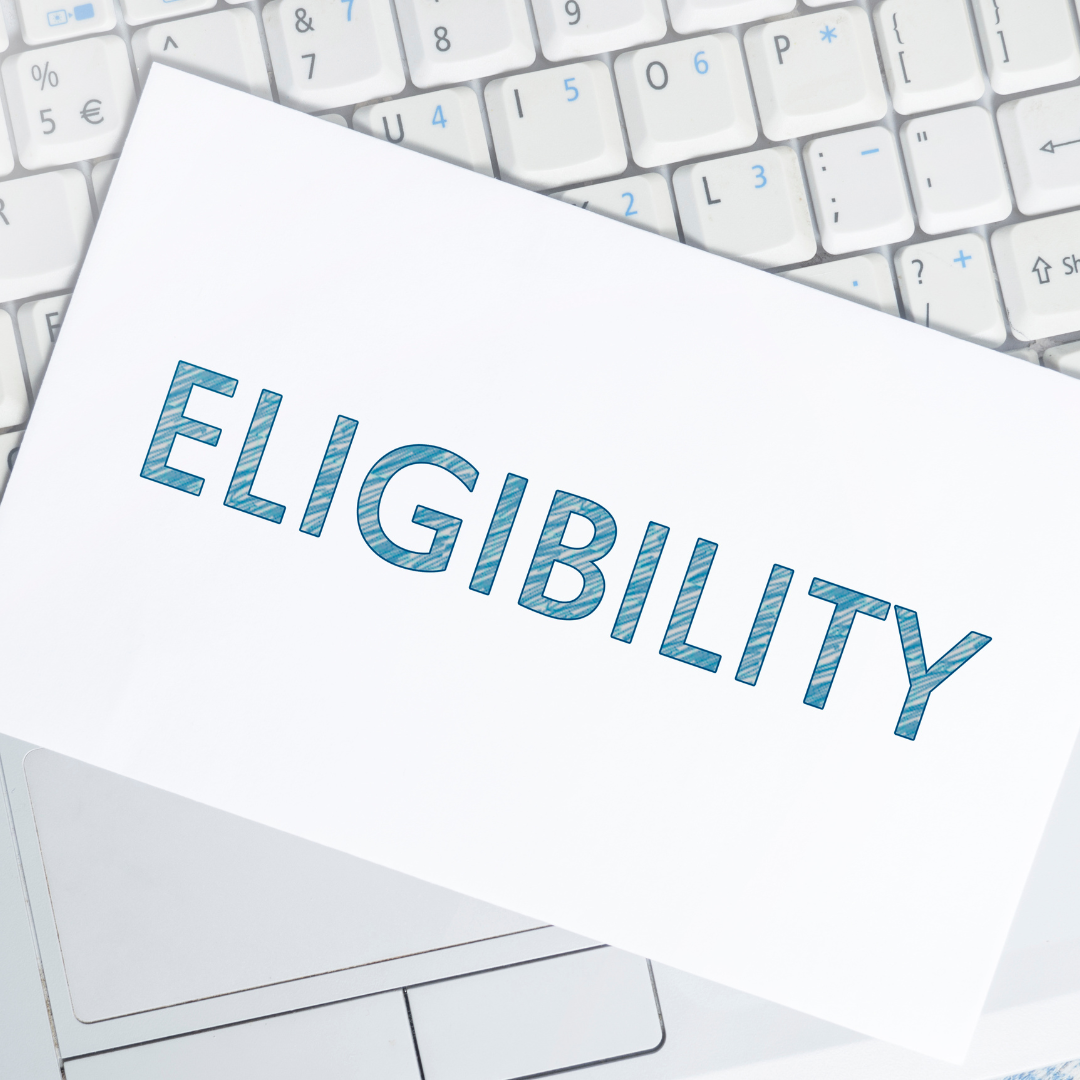
Not everyone is eligible for Chapter 13 bankruptcy. There are specific criteria that an individual must meet in order to qualify for this type of bankruptcy.
Income Requirements for Chapter 13
In order to be eligible for Chapter 13, an individual must have a regular income. This can be from employment, self-employment, or other sources.
The individual’s disposable income – the amount of money that the individual has left over after paying for necessary expenses – must be sufficient to make the required payments under the approved repayment plan.
Debt Limits for Chapter 13
There are also limits on the amount of debt an individual can have in order to qualify for Chapter 13. These limits are adjusted every three years.
As of 2021, the maximum amount of debt that an individual can have in order to be eligible for Chapter 13 bankruptcy is:
- $1,257,850 for secured debts (debts that are tied to a specific asset, such as a mortgage or car loan)
- $419,275 for unsecured debts (debts that are not tied to a specific asset, such as credit card debts or medical bills)
Income Tax Return Requirement
Before filing for bankruptcy, debtors must have filed their tax returns for the previous four years.
During a bankruptcy, taxpayers must continue to file all required returns and pay taxes when they are due. Failure to do this can result in the case being dismissed.
What Debts Can Be Included in a Chapter 13 Repayment Plan?
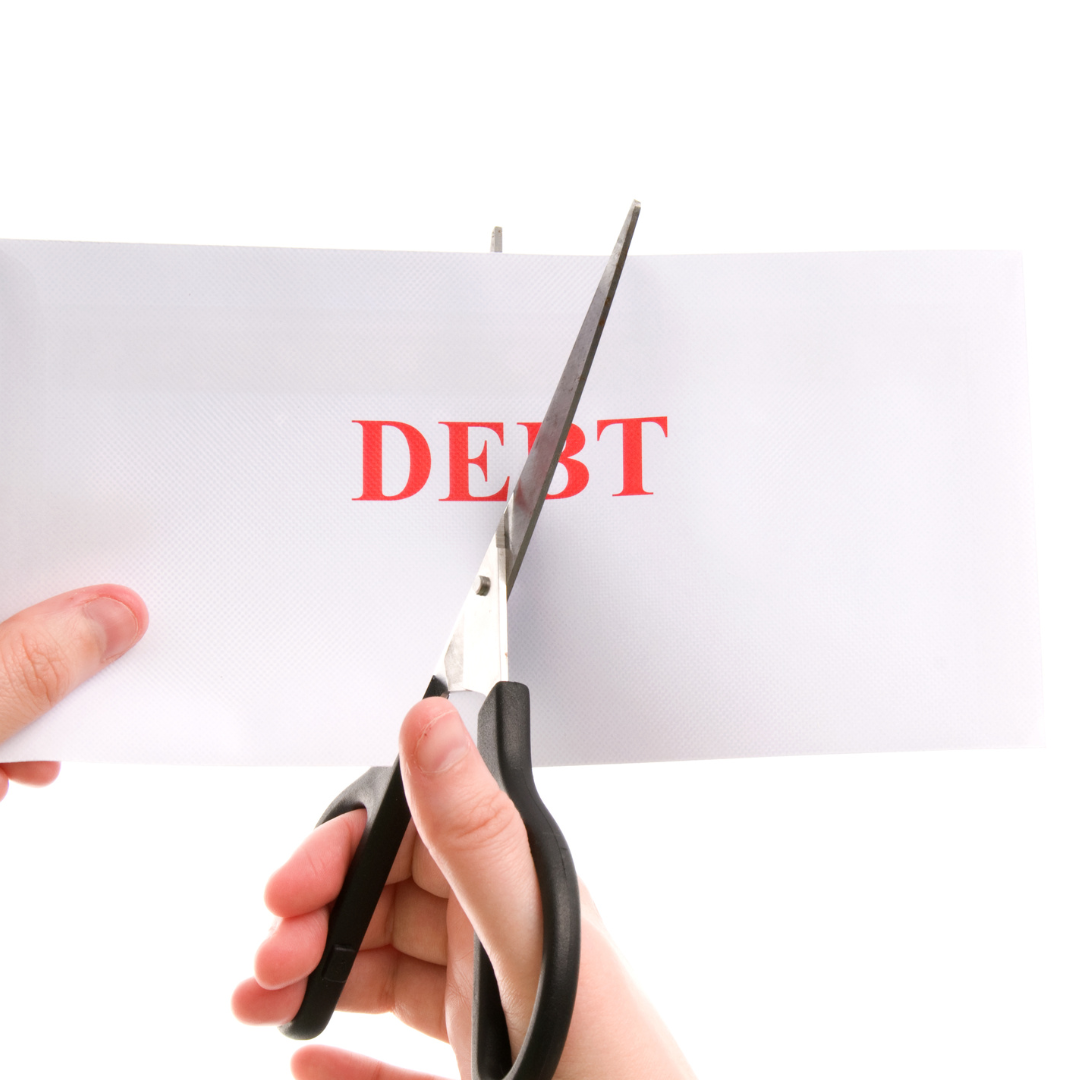
In a Chapter 13 bankruptcy, there are three types of debts to include in the repayment plan (also known as a debt management plan, or a debt repayment plan). These debts are categorized as priority debt, secured debt, or unsecured debt.
Priority debts are given special treatment in bankruptcy proceedings. Priority debts must be paid in full through the repayment plan, and they include things like taxes and child support (see below).
Secured debt, such as mortgages and car loans is the most common debt paid through a repayment plan. Unsecured debts, such as credit card bills, personal loans, or medical bills are also included in the plan. Often some or all of the unsecured debt can be discharged.
The approved monthly payments are given to the appointed Chapter 13 trustee who distributes the payment to the creditors in the order of priority that they were assigned.
It is important to speak with a bankruptcy attorney to determine which debts can be included in a Chapter 13 bankruptcy filing and to create a repayment plan that fits your financial situation.
Mandatory Repayment of Priority Debts
Priority debts are nondischargeable and must be paid before any of the other debts. These debts include:
- Most taxes.
- Child support and alimony payments
- Government-funded or guaranteed educational loans.
- Wages or commissions owed to employees.
Secured Debts in Chapter 13 Bankruptcy
Secured debts are debts that are tied to a specific asset, such as a mortgage or car loan. When filing a Chapter 13, the debtor has the option to keep the asset and continue making payments on the debt or to give up the asset. If the creditor can sell the asset for the amount owed, then the debt can be discharged. However, if the sale results in less than what is owed, the debtor will owe the balance.
Unsecured debts are debts that are not tied to a specific asset. These debts include:
- Credit card debts
- Medical bills
- Personal loans
- Most utility bills
In a Chapter 13, unsecured debt is typically paid after priority debts and secured debts have been paid. The amount that is paid to unsecured creditors is based on the debtor’s disposable income.
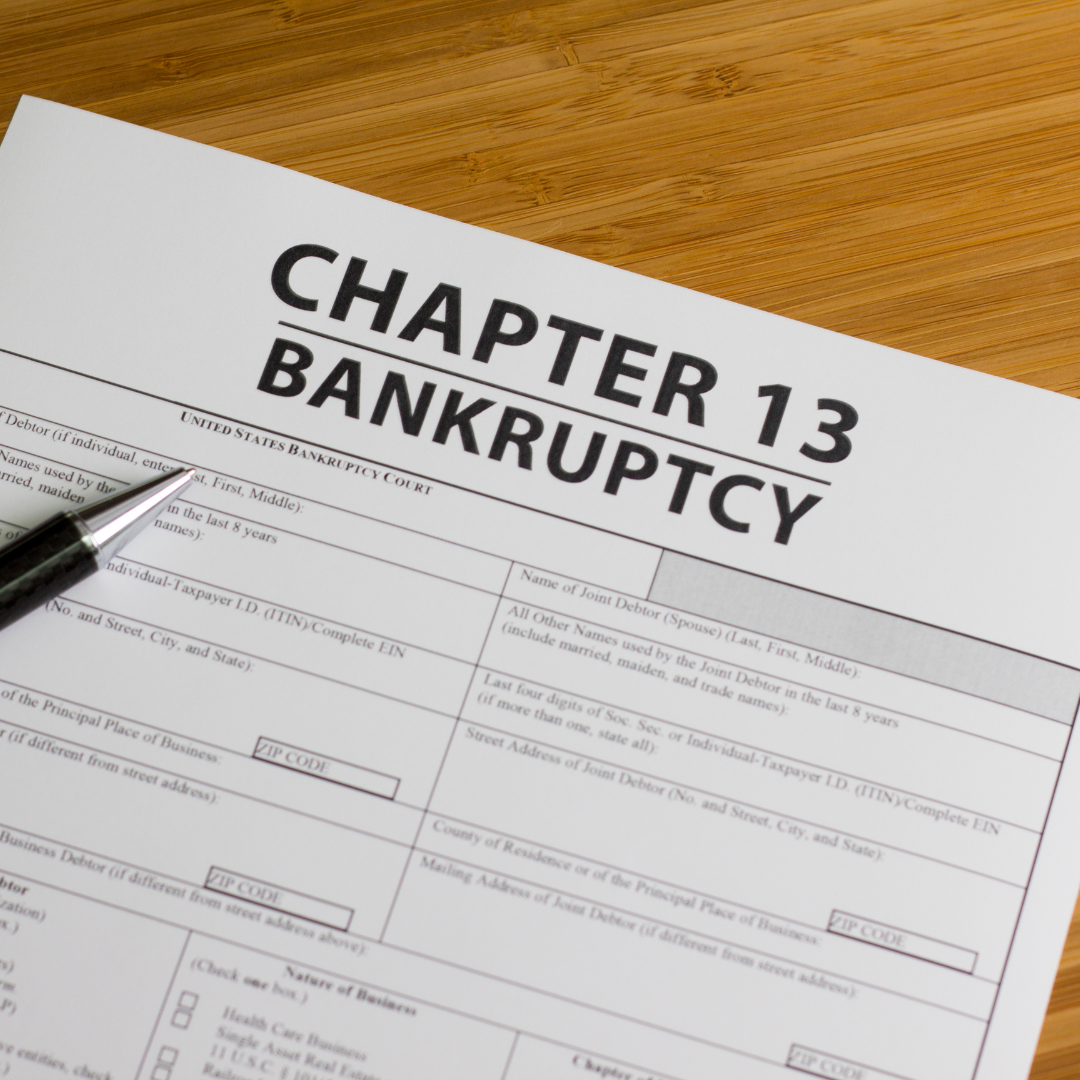
There are several steps you must take if you are considering filing for Chapter 13 bankruptcy.
Step 1: Determine Eligibility
Before filing, you’ll need to determine whether you are eligible.
As mentioned above, you must have a regular income and meet certain debt limits in order to qualify for this type of bankruptcy.
Step 2: Complete Credit Counseling
Before you can file for Chapter 13 bankruptcy, you must complete a credit counseling course with an approved agency and provide proof of completion.
This counseling is designed to help you understand your options for repaying your debts and to create a budget plan.
Step 3: Gather Financial Documentation
You will also need to gather all of your financial information before filing. This documentation includes:
- Pay stubs or other proof of income.
- Tax returns
- Bank statements
- Credit card statements
- Mortgage and car loan documents
In general, the petitioner must provide schedules that list all of their assets, liabilities, income, expenses, and any other relevant financial information.
Step 4: File the Bankruptcy Petition
Once you have gathered all of your financial documentation, you will need to file a bankruptcy petition with the bankruptcy court. The petition will include:
- Your personal information
- A list of your creditors and the amount of money you owe them
- A list of your assets and liabilities
- A statement of your income and expenses
- A proposed repayment plan
Step 5: Attend the Meeting of Creditors
After you file your bankruptcy petition, you will be required to attend a meeting of creditors. The meeting of creditors is usually brief and informal. At this meeting, the bankruptcy trustee and your creditors will ask you questions about your financial situation. If there are any issues or discrepancies in the debtor’s financial information, additional documentation might be requested.
Step 6: Confirmation Hearing
After verifying the financial information at the meeting of creditors, you will be required to attend a confirmation hearing. At this hearing, the bankruptcy judge will review your repayment plan, check to see if there is sufficient income to qualify, and decide whether to confirm it.
Step 7: Make Payments Under the Repayment Plan
If your repayment plan is confirmed by the bankruptcy court, you will be required to make the required payments to the bankruptcy trustee on time. It is important to make these payments on time in order for your bankruptcy to be successful.
Prior Bankruptcy Petition
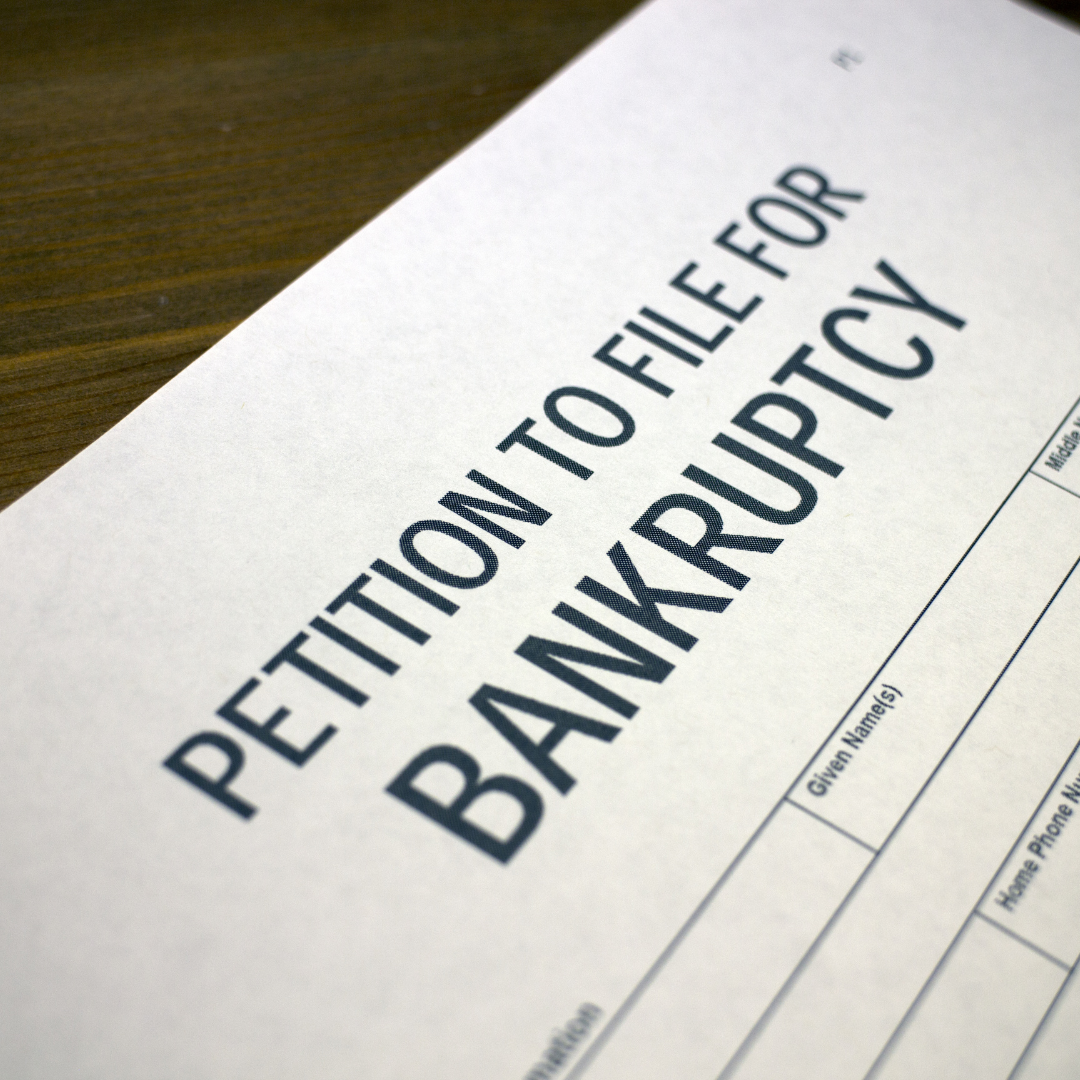
If you have filed for bankruptcy in the past, you may be wondering if you are eligible to file for a Chapter 13 bankruptcy. In general, you must wait a certain amount of time between bankruptcy filings in order to be eligible.
The time period you must wait between bankruptcy filings depends on the type of bankruptcy you previously filed.
- If you previously filed for bankruptcy Chapter 7, you must wait four years before you are eligible to file for bankruptcy Chapter 13.
- If you previously filed for bankruptcy Chapter 13 and your debts were discharged, you must wait two years before you are eligible to file for bankruptcy Chapter 13 again.
Schedule a No-Cost Consultation with LSS Law
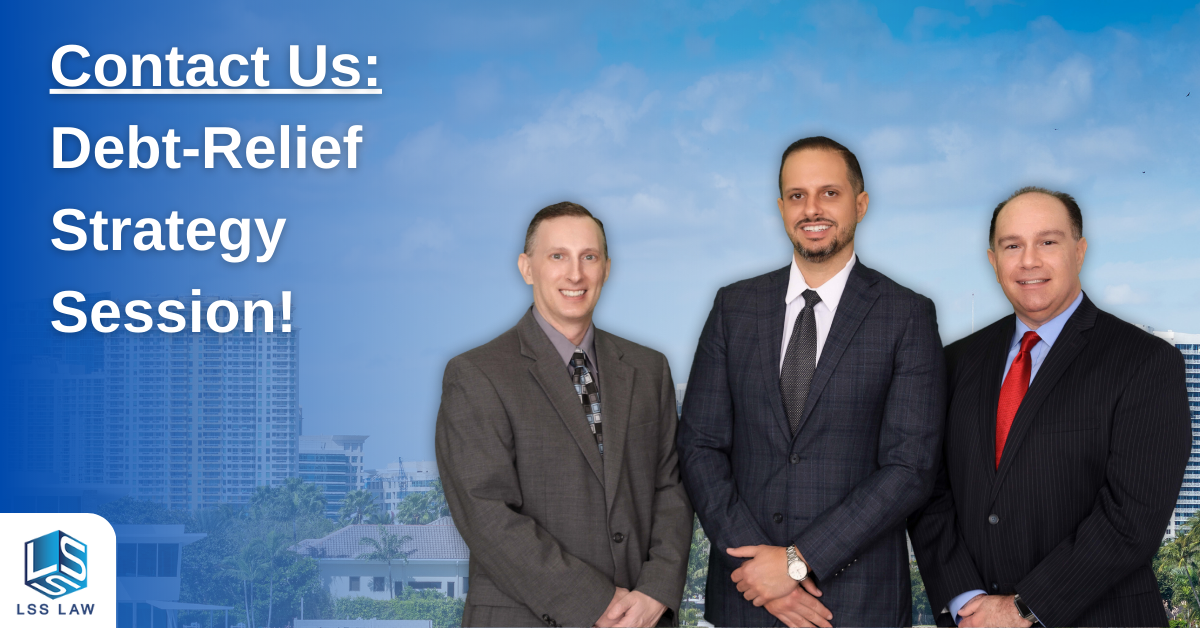
If you are considering a Chapter 13 bankruptcy, it is important to speak with a knowledgeable and experienced bankruptcy attorney. The decision to file for bankruptcy is not an easy one, and it can be a stressful and overwhelming process.
It is important to have the guidance of a professional who can help you understand your options and navigate the bankruptcy process.
At LSS Law, we understand the financial struggles that can lead to the decision to file for bankruptcy.
Our team of bankruptcy attorneys is here to provide you with the support and guidance you need to make the best decision for your financial situation. We offer complimentary consultations to individuals considering bankruptcy, so you can get the answers to your questions and the support you need at no cost to you.
Don’t let financial stress and uncertainty consume your life any longer. Contact LSS Law today to schedule a no-cost consultation and take the first step toward financial freedom.
Extra Chapter 13 Information
Mortgage Payments in a Chapter 13 Bankruptcy
If you are behind on your mortgage payments and are at risk of losing your home, Chapter 13 bankruptcy may be able to help. In this type of bankruptcy, you can catch up on missed mortgage payments over the repayment period and avoid foreclosure.
Credit Report in Chapter 13 Bankruptcy
Filing for bankruptcy will have a negative impact on your credit report. However, the impact on your credit score will depend on your credit history and other factors. In general, the negative impact on your credit score will be less severe than with Chapter 7 bankruptcy.
Credit Card Debt in Chapter 13 Bankruptcy
Credit card debts are typically considered unsecured debts and are paid after priority debts and secured debts have been paid. Most Chapter 13 filers pay a portion of what they owe over three to five years, and the rest is discharged at the end of the repayment period.
Tax Debts in Chapter 13 Bankruptcy
Tax debts are considered priority debts and must be paid before other debts. If you are behind on your tax payments and are facing tax liens, then Chapter 13 bankruptcy may be able to help. In bankruptcy Chapter 13, you can catch up on missed tax payments over the repayment period. This can help you avoid tax liens and other consequences of unpaid tax debts.
Filing for Chapter 13 bankruptcy might not result in a discharge of all tax debts. It is important to speak with a bankruptcy attorney to understand how the bankruptcy will affect your tax debts.
At LSS Law, our attorneys are experienced in handling tax debts in bankruptcy and can help you understand your options. Contact us today to schedule a no-cost consultation and get the guidance you need.
Chapter 13 Bankruptcy – Your Questions Answered

Here are some frequently asked questions about Chapter 13 bankruptcy:
1. What is Chapter 13 bankruptcy?
Chapter 13 is a type of bankruptcy that allows individuals to pay their debts over a period of time, typically three to five years. This type of bankruptcy is also known as a “wage earner’s plan” because it is specifically designed for individuals who have a regular income but are struggling to pay their debts.
2. Who is eligible for Chapter 13 bankruptcy?
In order to be eligible, an individual must have a regular income with enough disposable income and meet certain debt limits. The maximum amount of debt that an individual can have in order to be eligible for a Chapter 13 bankruptcy is:
- $1,257,850 for secured debts (debts that are tied to a specific asset, such as a mortgage or car loan)
- $419,275 for unsecured debts (debts that are not tied to a specific asset, such as credit card debts)
3. What debts can be included in a Chapter 13 repayment plan?
The following types of debts can be included in a Chapter 13 repayment plan:
- Priority debts, such as taxes, child support, and alimony payments, wages owed to employees, and contributions to pension or retirement plans
- Secured debts, such as mortgages and car loans
- Unsecured debts, such as credit card debts, medical bills, personal loans, and most utility bills
4. Can I keep my home and car with this type of bankruptcy?
In general, if you are able to continue making the required payments on these debts, you may be able to keep your home and car. Your repayment plan will outline the payments you need to make in order to keep these assets.
5. Will my co-signers be held responsible for my debts?
If you have co-signers on your debts, you may be wondering if they will be held responsible for your debts in Chapter 13 bankruptcy. The good news is that co-signers are not held responsible for the debts of the primary debtor in Chapter 13 bankruptcy. However, if the debtor does not follow through on the repayment plan, then the creditor may seek payment from the cosigner.
6. Can I pay off my debts in full in a Chapter 13 bankruptcy?
One of the advantages of filing for Chapter 13 is the ability to pay off your debts in full over time. The repayment plan is designed to make it easier for you to manage your debts by creating a structured payment plan that fits within your budget. The repayment plan is typically between three to five years, and during that time, you will make regular payments to the bankruptcy trustee who will then distribute the payments to your creditors.
If you are unable to pay off your debts in full within the timeframe of your repayment plan, any remaining balances on eligible unsecured debts will be discharged at the end of the plan. However, it’s worth noting that certain debts, such as taxes or student loans, may not be dischargeable in Chapter 13 bankruptcy.
7. How long does the Chapter 13 process take?
A Chapter 13 bankruptcy typically takes three to five years to complete. The exact length of time will depend on your specific circumstances and the terms of your repayment plan. During this period, you will make regular payments to the bankruptcy trustee who will then distribute the payments to your creditors.
Once you have completed your repayment plan, any eligible remaining balances on unsecured debts will be discharged. However, certain debts, such as taxes or student loans, may not be dischargeable.
It’s important to note that filing for Chapter 13 bankruptcy will impact your credit score, and the bankruptcy will remain on your credit report for up to seven years. However, by completing the repayment plan and discharging eligible debts, you can begin rebuilding your credit over time. It’s important to discuss your specific circumstances with an experienced bankruptcy attorney who can help you understand your options and guide you through the process.
8. How do I file for Chapter 13 bankruptcy?
To file for Chapter 13 bankruptcy, you will need to complete the following steps:
- Determine your eligibility
- Complete credit counseling
- Gather financial documentation
- File the bankruptcy petition
- Attend the meeting of creditors
- Attend the confirmation hearing
After the confirmation hearing for a Chapter 13 bankruptcy, the bankruptcy court will either confirm or deny the debtor’s proposed repayment plan. If the plan is confirmed, the debtor will start making regular payments to the bankruptcy trustee according to the terms of the plan.






